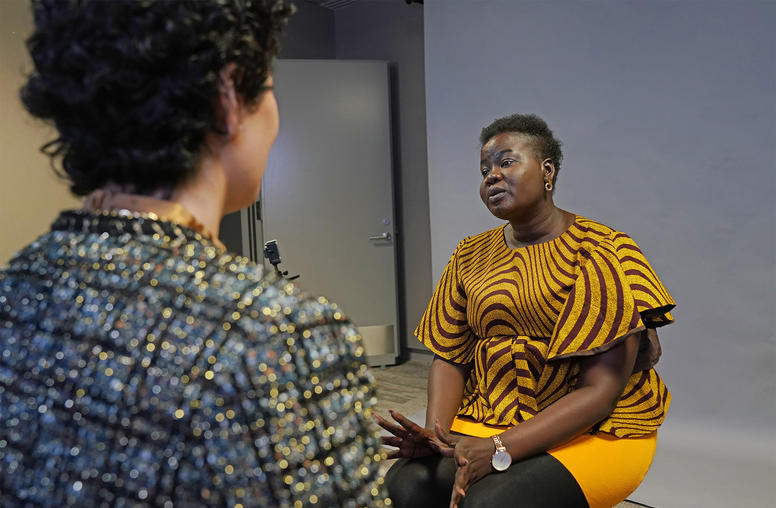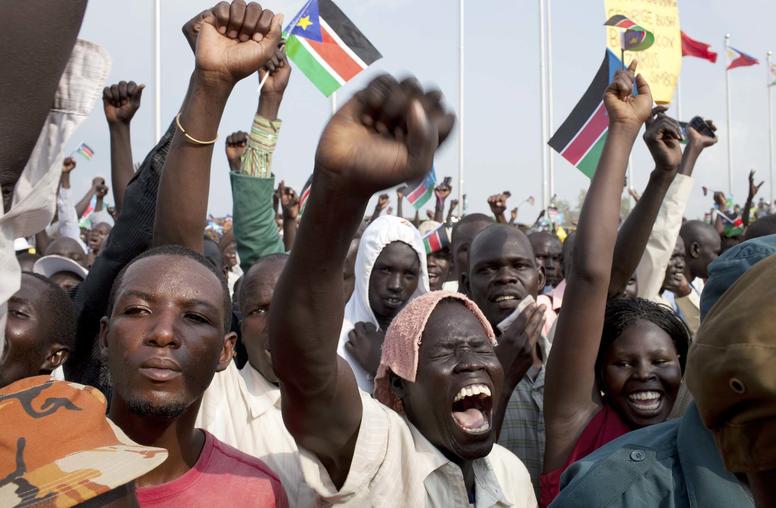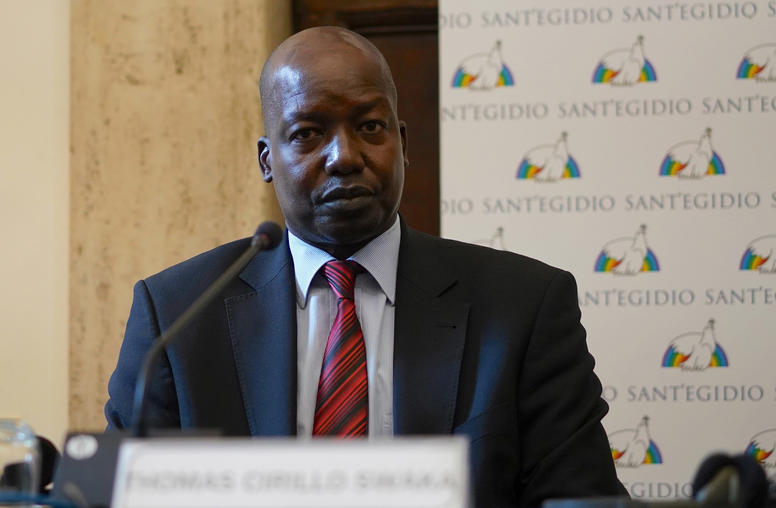The Voices of South Sudan’s Women
Through Art and Literature, South Sudanese Women Explore Life Amid War and a Path Toward Peace
In recent years, South Sudanese women have made significant strides in their push for inclusion in national peace processes. Women negotiators were crucial in shaping the 2018 peace agreement—revitalizing what had been a stalled and contentious process—and also secured a new quota that requires 35 percent of government representatives to be women, opening the door for a more expansive role in national affairs. But despite these signs of progress, women’s voices remain conspicuously absent among publicly written narratives of South Sudan, which continue to be dominated by the opinions, analysis, and stories of male writers.
“No Time to Mourn” is an anthology featuring short stories, memoirs, poems, artwork, and photography from 39 women living in South Sudan and across the diaspora. Their literary and artistic expressions provide deeply personal insights into the experiences of South Sudanese women, particularly in relation to conflict, displacement, and patriarchal gender norms. The authors and artists, through words and images, offer a clear vision of the way forward for South Sudan and exemplify the African Union’s theme for the year 2021: “Arts, Culture, and Heritage: Levers for Building the Africa We Want.”
In celebration of International Women’s Day on March 8, USIP, Oxfam International, and FEMRITE—the Ugandan Women Writers Association—hosted a discussion about how women’s literary voices can contribute to building a deeper understanding of the impact of conflict in South Sudan and inspire progress toward peace.
Continue the conversation on Twitter with #NoTimeToMourn.
Speakers
Ambassador Bonnie Jenkins
Founder and Executive Director, Women of Color Advancing Peace, Security and Conflict Transformation (WCAPS)
Rita Lopidia
Executive Director, EVE Organization for Women Development; 2020 Women Building Peace Award Recipient, U.S. Institute of Peace
Nyachangkuoth Rambang Tai
Special Assistant, Chairperson Advisor to the African Union; Youth Country Liaison, South Sudan, U.S. Institute of Peace
Susan Stigant
Director, Africa Center, U.S. Institute of Peace



